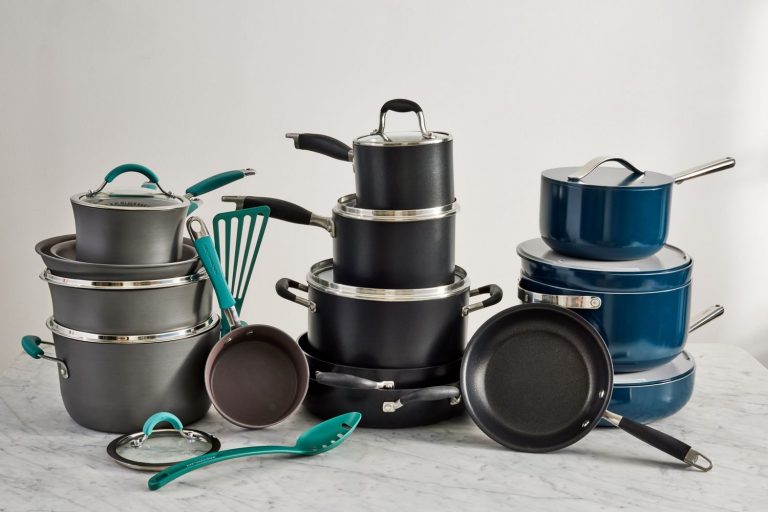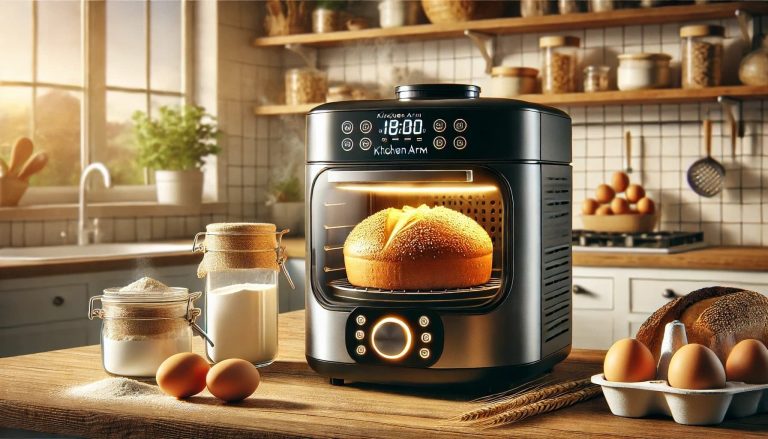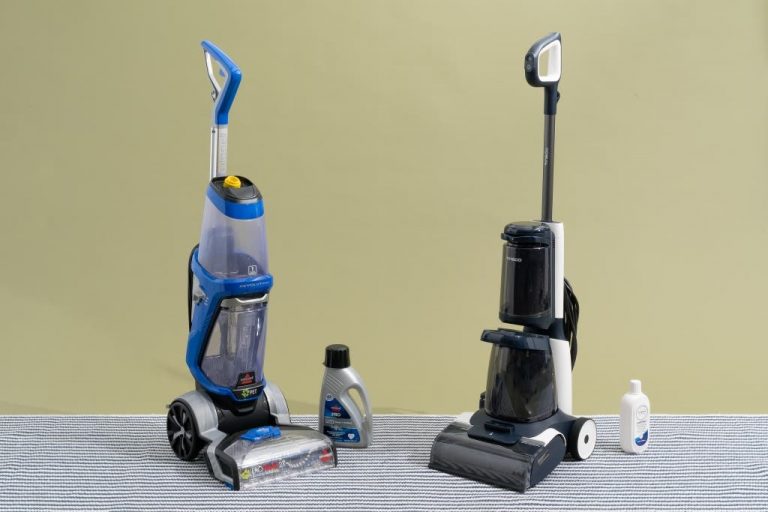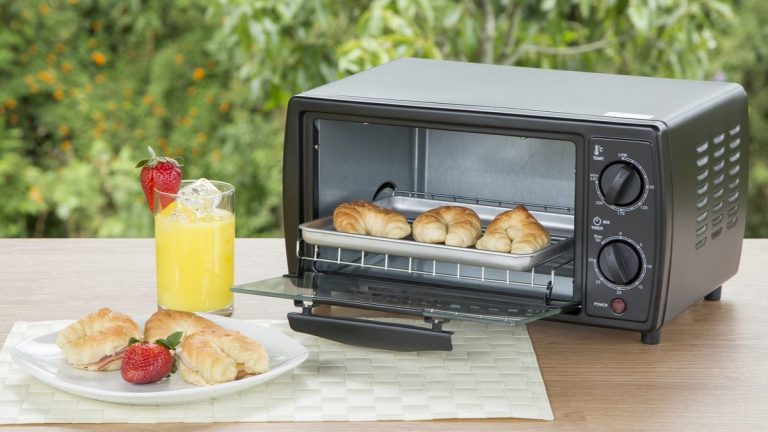10 Best Dehumidifiers In The UK
Our experts will assist you in selecting the best product for your needs. Find the perfect Dehumidifiers with the help of our unbiased professional evaluations and data-driven buying suggestions. At Buyers Expert, we’re here to help you choose the best Dehumidifiers that suit your preferences and budget.

| Image | Product | Rating | Price |
|
Our Pick
1

|
Pro Breeze® 20L/Day Smart Compressor Dehumidifier with 4L Water Tank |
9.9
|
|
|
2

|
Devola 20L/day Low Energy Dehumidifier | Quiet & Energy Efficient Compressor Dehumidifiers for Home |
9.8
|
|
|
3
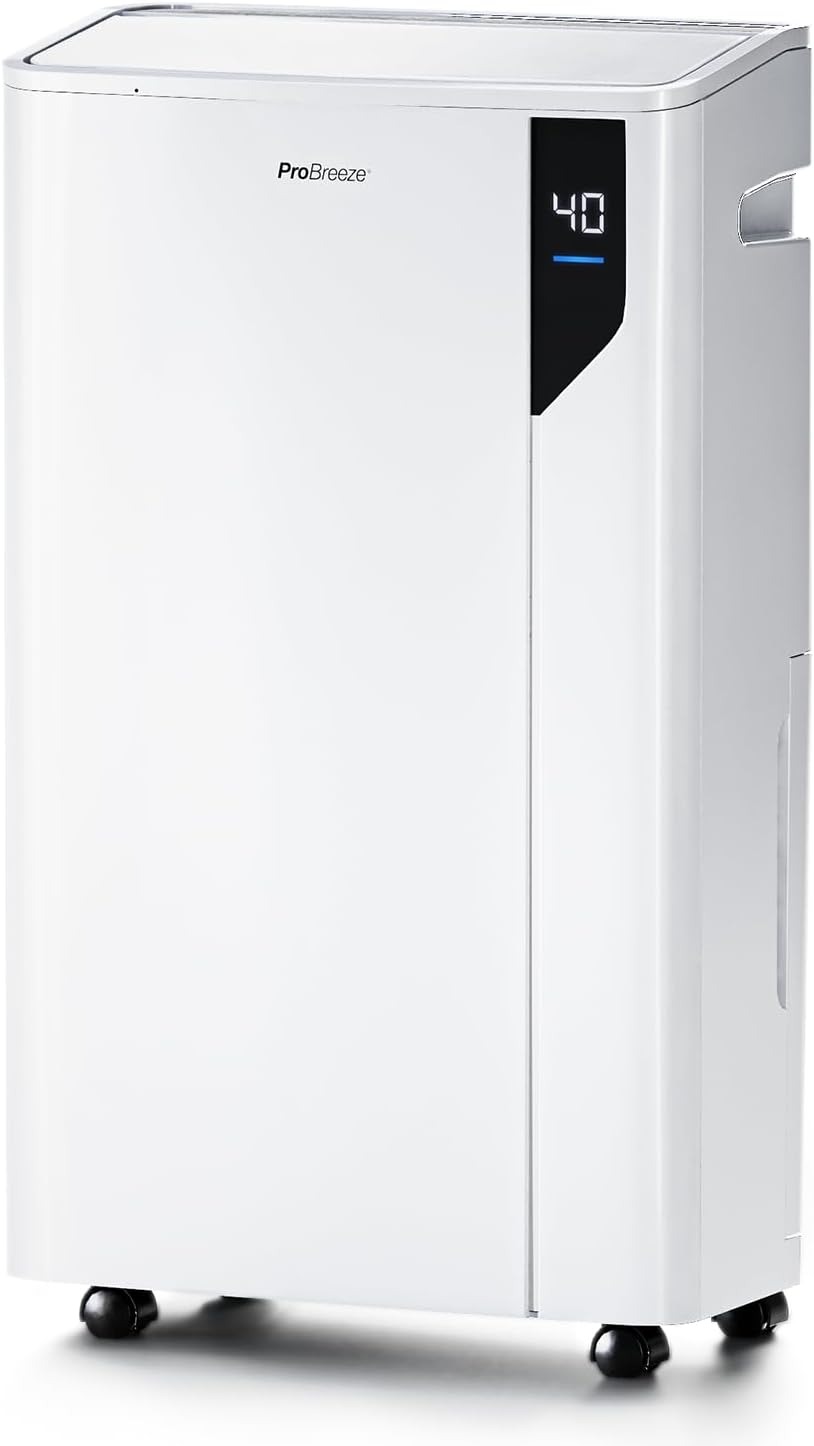
|
Pro Breeze® 20L/Day Compressor Dehumidifier – Energy Efficient with Laundry Mode |
9.7
|
|
|
4

|
Hometronix 12L Dehumidifier for Mould Moisture Damp Extraction with Air Purifier 24 Hour |
9.5
|
|
|
5

|
12L/Day Compressor Dehumidifier with 2.5L Water Tank |
9.4
|
|
|
6

|
Levoit Air Purifier for Home Bedroom with HEPA & Carbon Air Filters CADR 187 m³/h |
9.2
|
|
|
7

|
Hangsun 12L Dehumidifier with Digital Humidity Display |
9.1
|
|
|
8

|
PHILIPS Air Purifier 600 Series, Ultra Quiet and Energy-Efficient for Allergy Sufferers |
8.9
|
|
|
9

|
NETTA 12L/Day Compressor Quiet Dehumidifier |
8.8
|
|
|
10

|
LEVOIT Air Purifier for Home Bedroom, Dual HEPA Filters with Aromatherapy Diffuser |
8.5
|
What is a Dehumidifier?
A dehumidifier is a device that removes excess moisture from the air, thus lowering the relative humidity level in a given space. While a certain amount of humidity is necessary for comfort and health, excessive moisture in the air can lead to a variety of issues, from mold growth to discomfort. Dehumidifiers help manage these issues by improving air quality and preventing moisture-related damage to property.
How Do Dehumidifiers Work?
The operation of a dehumidifier is relatively simple but effective. Most dehumidifiers work through a process called condensation, similar to how moisture forms on a cold glass in a warm room. Here’s a step-by-step look at the process:
- Air Intake: The dehumidifier draws in warm, humid air through a fan.
- Cooling Process: The air passes over refrigerated coils inside the dehumidifier. As the air cools, the moisture in the air condenses into water droplets.
- Water Collection: The condensed water is collected in a reservoir or drained out via a hose. In some models, this water can be continuously drained to avoid frequent emptying.
- Warm, Dry Air Release: The now drier air is reheated by a coil and released back into the room, reducing overall humidity.
The entire process is automatic in most modern dehumidifiers, with built-in humidity sensors that adjust the unit’s operation according to the current moisture levels in the air.
Types of Dehumidifiers
There are several types of dehumidifiers, each suited to different environments and needs. The most common types include:
- Refrigerant Dehumidifiers: These are the most commonly used models. They cool the air to condense moisture, as explained above, and are effective for everyday home use. They are efficient in warm and moderately humid environments.
- Desiccant Dehumidifiers: These units use materials such as silica gel or other desiccants to absorb moisture from the air. They perform better in cooler temperatures and are typically quieter than refrigerant models, making them suitable for smaller spaces or areas like basements or closets.
- Thermoelectric Dehumidifiers: Using a process called the Peltier effect, these units have no moving parts and are compact and energy-efficient. They are ideal for small spaces or single rooms.
Benefits of Using a Dehumidifier
Using a dehumidifier provides several advantages, particularly in areas with high humidity or seasonal moisture fluctuations. Here are some of the key benefits:
- Prevent Mold and Mildew Growth: Excess moisture in the air creates the perfect environment for mold and mildew, which can damage property and pose health risks. Dehumidifiers reduce the risk of mold growth by controlling the moisture levels.
- Improve Air Quality: By removing excess moisture, dehumidifiers can help prevent allergens, such as dust mites and mold spores, from thriving in the home. This can be especially beneficial for individuals with allergies or respiratory conditions.
- Enhance Comfort: High humidity can make the air feel warmer than it is, creating discomfort. Dehumidifiers help to create a more comfortable indoor climate by reducing the humidity, which can also make cooling systems like air conditioners more efficient.
- Prevent Structural Damage: Excess moisture can lead to water damage, warping of wood, and rust on metal surfaces. Dehumidifiers help protect furniture, floors, and appliances by keeping the moisture in check.
- Preserve Stored Items: Humid conditions can damage items like books, electronics, and clothing. A dehumidifier can protect these valuable items, especially in basements or storage rooms.
When to Use a Dehumidifier?
Dehumidifiers are particularly useful in areas or situations where humidity levels are high. Common scenarios include:
- Basements: Basements tend to be the most humid part of the house due to their underground nature. Dehumidifiers help reduce moisture in these spaces, preventing mold, mildew, and musty odors.
- Bathrooms: Bathrooms often experience high humidity levels due to showers and baths. A dehumidifier can help keep the space dry and prevent mold growth on walls and ceilings.
- Kitchens: Kitchens can also become humid, especially during cooking. Dehumidifiers can help control the moisture from steam and prevent issues like condensation.
- During Rainy Seasons: In climates where it rains frequently or is generally humid, dehumidifiers help maintain a comfortable indoor environment.
Choosing the Right Dehumidifier
When selecting a dehumidifier, several factors need to be considered:
- Room Size: Larger rooms or areas with higher humidity may require more powerful units. Check the dehumidifier’s capacity to ensure it suits your needs.
- Humidity Level: Consider the humidity levels in your area. If you live in a particularly damp or rainy climate, a more robust unit may be necessary.
- Noise Level: Some dehumidifiers can be noisy. If you plan to use the unit in a bedroom or other quiet area, look for models with low decibel ratings.
- Energy Efficiency: Energy-efficient models may cost more upfront but can save on electricity bills over time.
Conclusion
Dehumidifiers are valuable appliances for maintaining healthy and comfortable indoor environments. Whether you are combating humidity in a basement, improving air quality in your home, or preventing moisture damage, a dehumidifier can make a significant difference. By understanding the different types of dehumidifiers and their benefits, you can make an informed decision and enhance the comfort and longevity of your living space.
Advertising Disclosure: The buyersexpert.co.uk's users back the website. An affiliate commission may be paid to us if you purchase any of the items that are promoted on our website.

